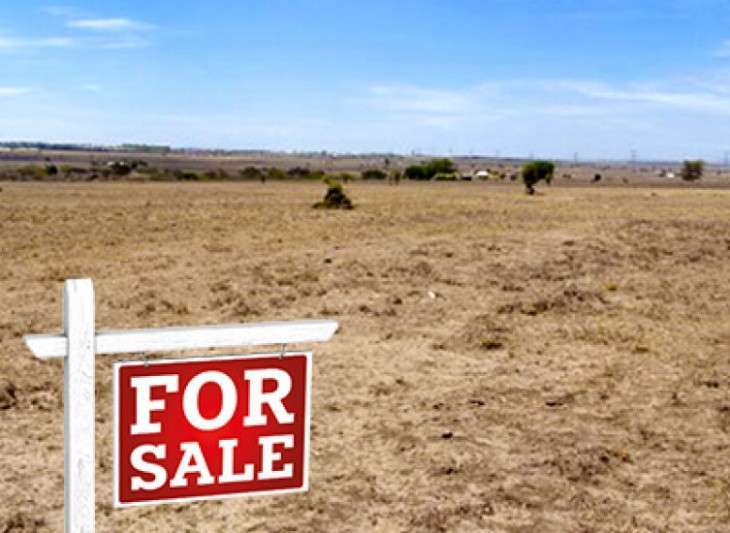Factors to consider when purchasing land in Kenya.
Buying land is a long-term investment and requires a large amount of money. Before getting into investing in the land it is important that you do thorough research on the land you want to buy so as to make sure it will meet your needs. On your way down this road, you will be faced with very sweet deals of lands in perfect locations. It’s not until you do due diligence on such lands that you will realize that they are far from what you saw them be at first sight.
Below are the considerations you should make before purchasing a piece of land in any part of the country.
Zoning classification
The national government through the ministry of lands has a very strict land-use plan for all lands in the country. Lands have been segmented for different purposes, which include, commercial, residential, industrial, agricultural, historical, or a combination of either. If your purpose of buying the land is for example commercial purposes and the government has listed it as a residential segment, then you can only put up residential property unless you get a change of user.
Zoning restriction
This is the restriction of the size of the property you build in a certain area. Mostly in Kenya, it restricts the height of the property. You cannot build a 10 storey building in an area whose restriction is of 5 storey building. Also, check with the ministry of Land for long-term zoning plans. The government may have long-term plans like constructing a highway that will affect your property in the future.
Read: Never Buy Land in Kenya if You Don’t Know This!
Legal considerations
Do a thorough assessment of all legal documents before buying any piece of land. Some properties have legal disputes that may be a burden to you after you buy the land. Consider getting the legal history of the property from the land ministry office in that area and I can assure you this will not be in vain.
Location of the land
Location is the primary factor to consider when buying land. For whatever purpose you are buying the land, you should consider that it is in close proximity to amenities such as schools, hospitals, and police stations.
Environmental risks
Most natural calamities are unavoidable and unpredictable. But there are those that could have happened in the recent past whose occurrence is likely to happen again. Before you buy land, make sure it is not in an area that has been faced with risk in the recent past. An example of such an area is that which is prone to floods. It is advisable you do research of risks that have been faced in that area in the last 20 years.
Also read: Mistakes First-Time Land Buyers Make and How to Avoid Them.
Access to Utilities
Access to utilities such as public transport, water, electricity, and gas should be of high consideration. Do research on how the cost is compared to other parts. In some areas getting these utilities is too expensive.
The terrain of the land
When buying a piece of land, don’t just go for its cost. Put development considerations first. For example, if the land is too steep, then it will require a lot of cash to level it. It will also be difficult and expensive to install septic systems.
Accessibility
When buying land in rural areas make sure you put this into consideration first. Before you buy land, make sure that there is a passable road or a provision for one.
Area climatic conditions
There are many aspects that are affected by the climate of an area. The range of the temperature, yearly rainfall, and seasonal changes will determine how you do the insulation of your house, the types of plants and vegetation that will do well, the accessibility of the area, and many other factors.
Size and shape of the land
This is also a consideration you should make and should depend on the type of home you want to build. There are different property designs that require different sizes and shapes of the land. Other properties may not fit in certain shapes of lands.
Soil type
Before buying land it’s important you have the soil tested for its quality and composition. The soil composition affects the foundation of buildings, how much it would cost to do the earthwork, and also the stability of the buildings. It’s one of the factors that make buildings have cracks.
Bottom line
When buying land, don’t just buy because it’s on sale. Let not your decisions be made in haste. Bring the needs of you to own a piece of land forth and go for the land that measures up to those needs. Then make sure it aligns with the above-mentioned factors.

